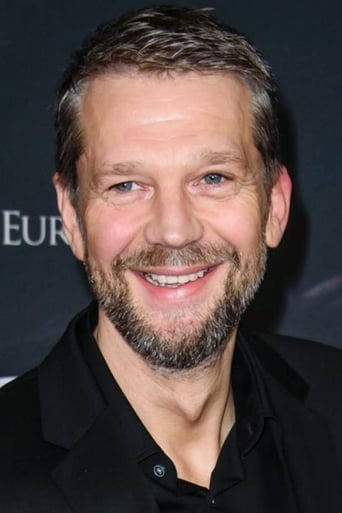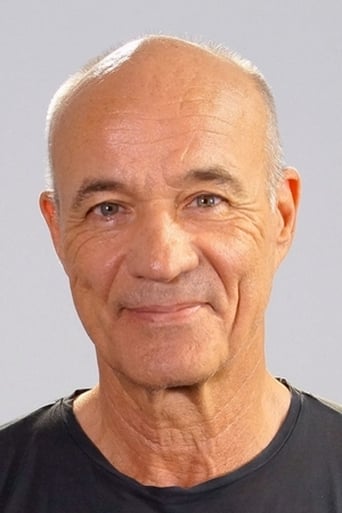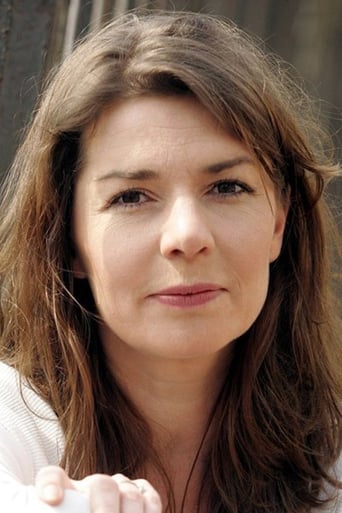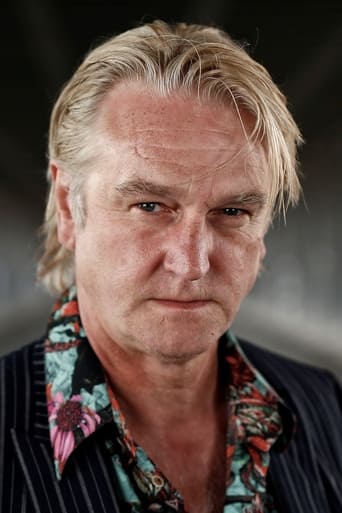Horst in Translation ([email protected])
"Die Gustloff" or "The Gustloff" is a German double feature movie from 2008, so this one will have its 10th anniversary next year already. It is a small screen release and consists of two parts. Each of these runs for slightly over 1.5 hours. The title already gives away the time when this is set, namely during World War II, even if the word Gustloff will perhaps not be know to too many, even if it personifies one of the biggest German losses during these dark days of World War II. But today we are supposed to talk about this film and not about the historic event of the sinking of the Gustloff and honestly I would not say at all that the movie did justice to the tragedy. But first things first: The director here is Joseph Vilsmaier, a Bavarian filmmaker who has worked in the industry for a long time, so you may have some expectations reading this name. Then again he is probably not the one to blame for the disappointing outcome, but this honor goes to writer Rainer Berg, who may also have been experienced back then already, but not exactly with quality films. So the quality of these over three hours here that actually felt a lot longer even is somewhat predictable. Quite a shame. The cast includes names that you frequently find in these "television epics" like Wiesonger, Niehaus, Lauterbach, Fulton-Smith and maybe Mendl too, all people whose names ring familiar to German film buffs, but more because of their charisma than because of their range. Oh yeah, Vilsmaier's ill-fated wife Dana Vávrová is in here too as well as Karl Markovics, the only one who received awards attention from the cast. But these two I would rather count under the category of quality actors I think, especially Markovics.Anyway, as a whole the film lacks considerably focus during its almost 190 minutes and at this runtime it really hurts the viewing experience. Instead of really delivering on the informative level, the film loses itself in sequences and story lines about romantic relationships between characters, about generic power structure struggles, about parent-child relationships and it's perfectly fine to include stuff like that if you make a film of over three hours, but you still should not lose the core of it all out of sight, namely the Gustloff tragedy, but to me apart from the occasional camera shots and Nazi costumes this film felt for 90% of its time as if it could have been about any other random catastrophe to be honest. I do believe it is on the same weak level as the more known Dresden for example and I don't recommend checking it out. I have seen other reviewers mention the West German 1960 black-and-white movie "Nacht fiel über Gotenhafen" and that it deals more accurately and realistically with the subject, but I cannot say if this is true. I remember not liking that one very much either. Perhaps the entire subject still needs a more competent execution to depict the events from over 70 years ago convincingly and entertainingly and informatively. "Die Gustloff" is not what you are looking for. Don't watch.




